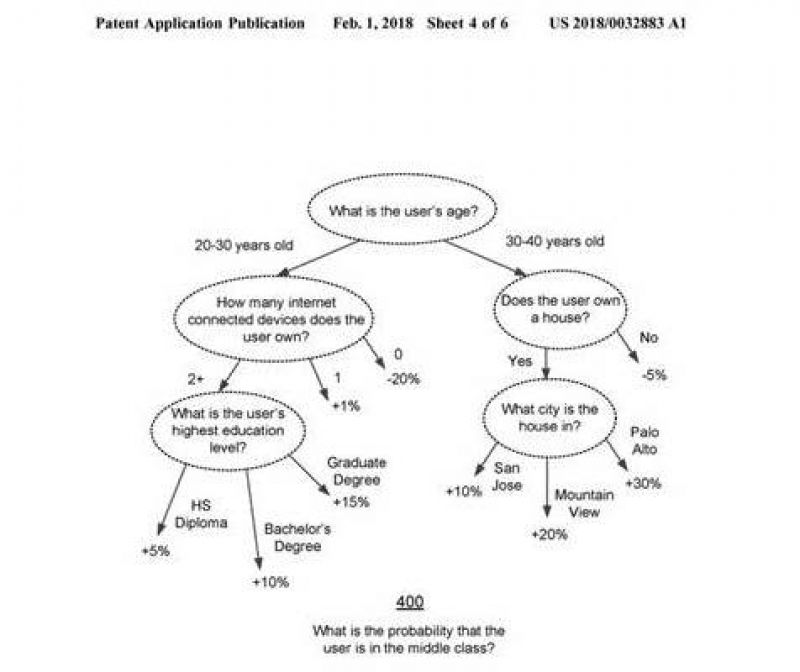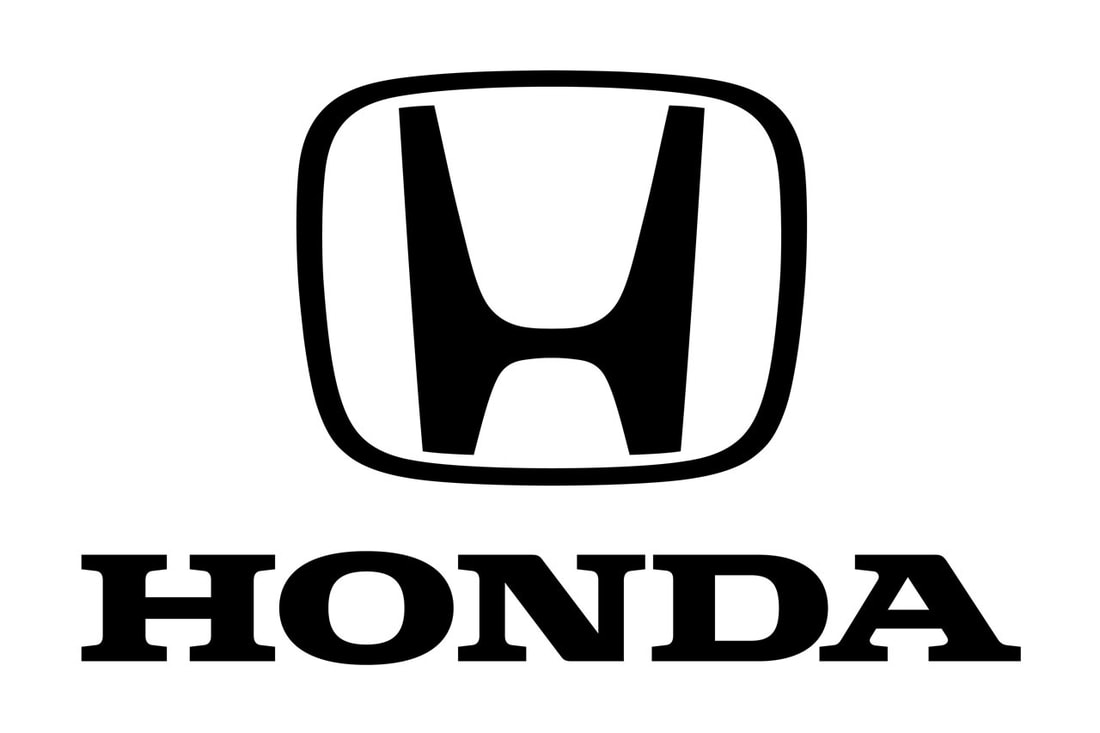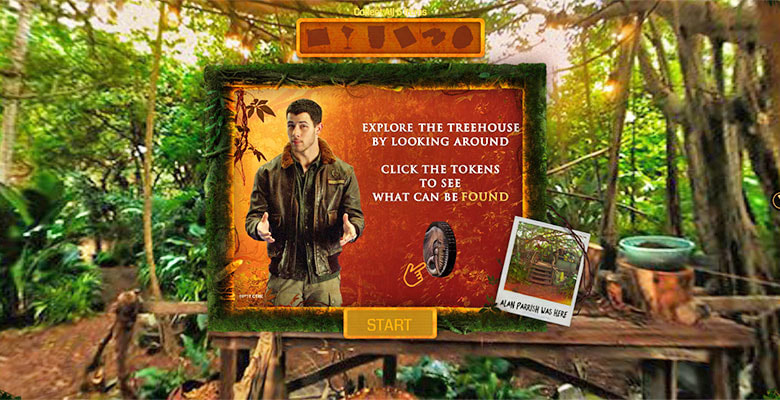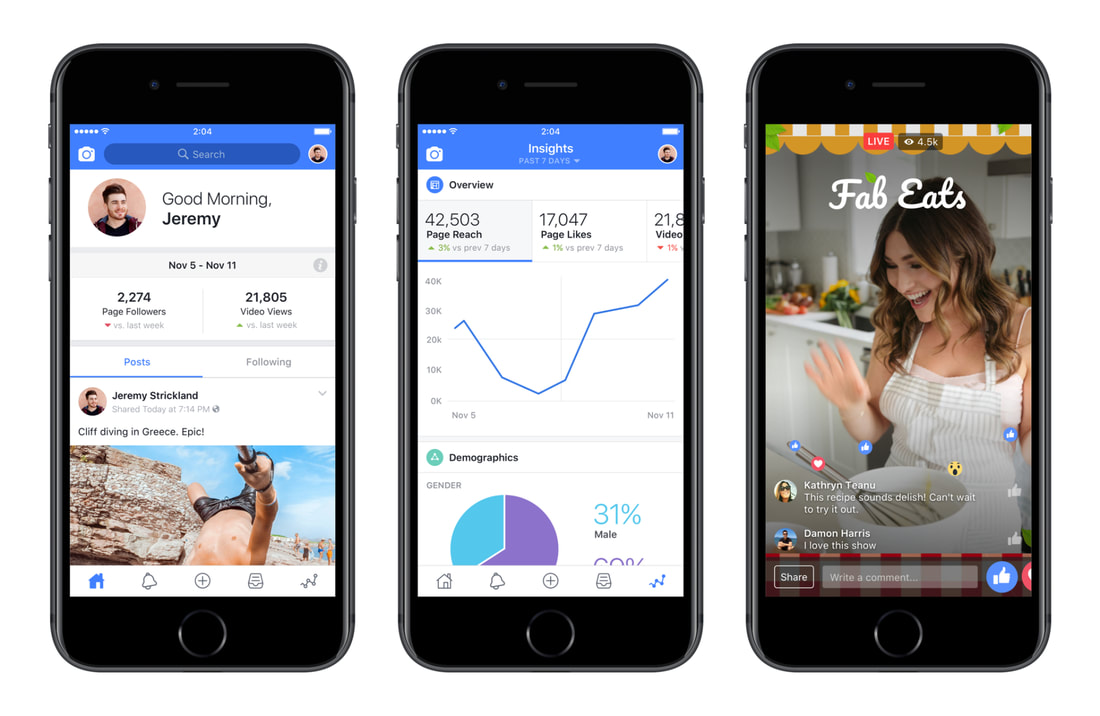|
This patent introduces an "online service" that can algorithmically predict its users' socio-economic status without knowing their incomes. If you are on Facebook, nothing is private anymore. Your feed portrays your interests, your friends’ interests, photos, videos, news and vice versa. The content you explore on Facebook is your personal interest, but in the future, this might not be the thing. The company filed a patent, which is an “online service” that predicts your socio-economic status like how much you earn, what you own etc. Basically, what this service does is algorithmically predict its users' socio-economic status without knowing their incomes. It might sound scary, but to makes things worse, the content you will be watching on your Facebook timeline in the future will be based on your socio-economic status. According to a patent application filed in the US last July, “the system will use classifiers to predict which socio-economic group users belong to. Such a system would allow Facebook to more accurately target users with content and advertising tailored to their social class,” the company said. "The classifiers use models that are trained using features based on global information about a population of users such as demographic information, device ownership, internet usage, household data, and socio-economic status," Facebook's patent application states. The Patent Publication illustrates the probability of a user, whether he’s a middle person or isn’t. This categorises the user by the number of devices he’s using/logged in, he’s highest education qualification etc. Facebook believes, where users who own up to six devices "belong to the upper class".
This judgemental service might be vexatious to the Facebook users in the future. The virtual politician, called SAM, was created by Nick Gerritsen, a 49-year-old entrepreneur in New Zealand. Scientists have developed the world's first artificial intelligence politician, that can answer a person's queries regarding local issues such as policies around housing, education and immigration.
The virtual politician, called SAM, was created by Nick Gerritsen, a 49-year-old entrepreneur in New Zealand. "There is a lot of bias in the 'analogue' practice of politics right now," said Gerritsen. "There seems to be so much existing bias that countries around the world seem unable to address fundamental and multiple complex issues like climate change and equality," he said. The AI politician is constantly learning to respond to people through Facebook Messenger as well as a survey on its homepage. While Gerritsen acknowledges that humans biases can creep into algorithms, he said that he does not view bias as just a challenge to technology solutions. While the system is not perfect, it may still help bridge the growing political and cultural divide in many countries, 'Tech In Asia' reported. By late 2020, when New Zealand has its next general election, Gerritsen believes SAM will be advanced enough to run as a candidate. However, it is not legal for AI to contest elections. "SAM is an enabler and we plan to operate within existing legal boundaries," Gerritsen said. Custom Audiences feature being used to track down millions of owners with recalled cars Several years after US government officials got involved in the massive Takata airbag recallthat encompassed tens of millions of cars, many still haven’t been repaired. One of the automakers implicated in the recall scandal is turning to Facebook to track down owners. On Monday, Honda announced a new set of initiatives to complete the replacement of defective Takata inflators, which have caused hundreds of injuries and deaths. Millions of Hondas sold in the US still haven’t been repaired, so the automaker is using Facebook Custom Audiences to find owners. “To reach specific owners of affected vehicles, encrypted email addresses associated with recalled VINs are matched to Facebook UserIDs,” Honda said in a news release. “When a customer logs into Facebook, they are presented with a custom message featuring the PSA in their Facebook feed.” The automaker’s US arm also released a video Monday urging owners to get their vehicles checked out and repaired if necessary. Honda enlisted Stephanie Erdman, who testified November 20th, 2014 before the Senate Committee on Commerce, Science and Transportation about how the inflator on her 2002 Honda Civic ruptured and sent metal shrapnel into her eye. The video is set for local broadcast TV airings, the company said.
The National Highway Transportation Safety Administration requires automakers of vehicles subject to recall to notify owners by mail, using information obtained by state vehicle registration records. Recalls can also be verified on NHTSA’s website using the vehicle’s identification number. But in many cases, these letters go unnoticed or are sent to outdated addresses and vehicles go without repair. And since some of the affected vehicles are at least 10 years old, they could have been sold two or more times by now. Honda, one of the automakers most affected by the Takata inflator scandal, estimates it’s replaced 71 percent of the recalled inflators in the US, Chris Martin from American Honda told on Monday. But roughly 4.7 million inflators in US Honda vehicles have not yet been replaced. Despite the 2.2 million mailers sent out in July, Honda is making another push to reach owners. The Takata inflators involved in a series of recalls have been reported to send metal fragments out of the airbag, sometimes without the vehicle being involved in a crash, and injuring or killing people in vehicles made and sold around the world. Honda began recalling vehicles globally in 2013 following more than 100 injuries and eight deaths, later admitting it and Takata knew about the defects for many years. Previously a leading airbag supplier to automakers that also included BMW, General Motors, Volkswagen and even Tesla, Takata was slammed in January with $1 billion in fines and restitution by US regulators over the scandal. It filed for bankruptcy in June.
You can still watch in 360 video if you don't have a headset.
Since adding 360 videos to News Feeds in June 2016, Facebook has spent this year significantly invested in the format. It enabling 360 livestreaming and then added that functionality within its apps, and even boosted the back end with automatic image correction. But the social network isn't stopping its immersive push at flat imagery. Facebook announced it has started testing VR experiences in users' News Feeds, and its first experiment is a 'scavenger hunt' game for the upcoming Jumanji film.
Built on the WebVR-based React VR developer kit that Facebook released in April, Jumanji: Welcome to the Jungle works with both 360 video and virtual reality headsets. Viewers can roam around the mysterious jungle collecting tchotchkes and learning about the movie's world. If you saw this morning's Rampage trailer and can't get enough Dwayne Johnson, click here in a VR browser.
The Jumanji scavenger hunt is one in a roster of content created with React VR that Facebook-owned Oculus announced today, from a tour of the British Museum to a Dubai Tourism-sponsored experience and a USA Today walkthrough of a Kentucky distillery. Crucially, most of these seem to be shot in 360 video and then edited into virtual reality experiences using React VR and Oculus' tools, which fits with the social network's efforts to bring VR to the News Feed. "We're also excited to share that we've started testing native React VR integration and experience playback within Facebook News Feed. Although we're still in the experimentation phase, we're inspired by the potential to let even more people experience quality VR content -- wherever they may be." Facebook doesn't just want companies building VR projects for the News Feed -- it wants users to join in, too. Last month, the company announced it will add creative tools to its virtual reality lounge, Spaces, including the ability to create and share '3D posts' to News Feeds. In its latest attempt to woo video creators away from YouTube, Facebook has released an app just for them. It’s called Facebook Creator, and it includes a bunch of tools for streaming video, updating Stories, and message people across several of Facebook’s platforms.
Facebook has long had an app for people who manage Facebook Pages, and it’s also had an app for celebrities that did this kind of community building, too. In fact, Facebook Creator is really just an updated and rebranded version of that app — originally called Facebook Mentions (and still called that, since it seems to be stuck that way on the App Store for now) — but now it’s open to everyone. There are two main draws to the Creator app. First, it includes some special features for Facebook Live. Anyone using it will be able to create custom intros and outros — intros are especially handy, as it takes a moment before other people see the link and start watching — as well as the ability to add interactive stickers and a custom video frame. The app is also able to take and edit photos and post them to Facebook Stories and other platforms (it’s not clear if that includes Instagram, but it really should). The second big draw is communication. The app creates a unified inbox for comments on Facebook and Instagram and messages from Messenger, so that you don’t have to bounce between different apps in order to respond to people. The app doesn’t seem to cover every possible messaging vector inside of Facebook’s services, but it sounds like a handy start. Finally, there are analytics too, so that creators can obsessively refresh the page wondering whether they’ve successfully gamed Facebook’s latest algorithm change. The app is available on iOS immediately and is supposed to come to Android in “the coming months.” The app sounds handy for people who are already doing these things. But the bigger story might just be that Facebook is trying to show it cares about the community of independent vloggers. The same people who this app is designed to appeal to are currently struggling with odd changes and errors over at YouTube. Facebook has wanted to poach them for years now. One app isn’t going to suddenly change things, but a continued commitment could help win people over. |
Categories
All
|






 RSS Feed
RSS Feed
